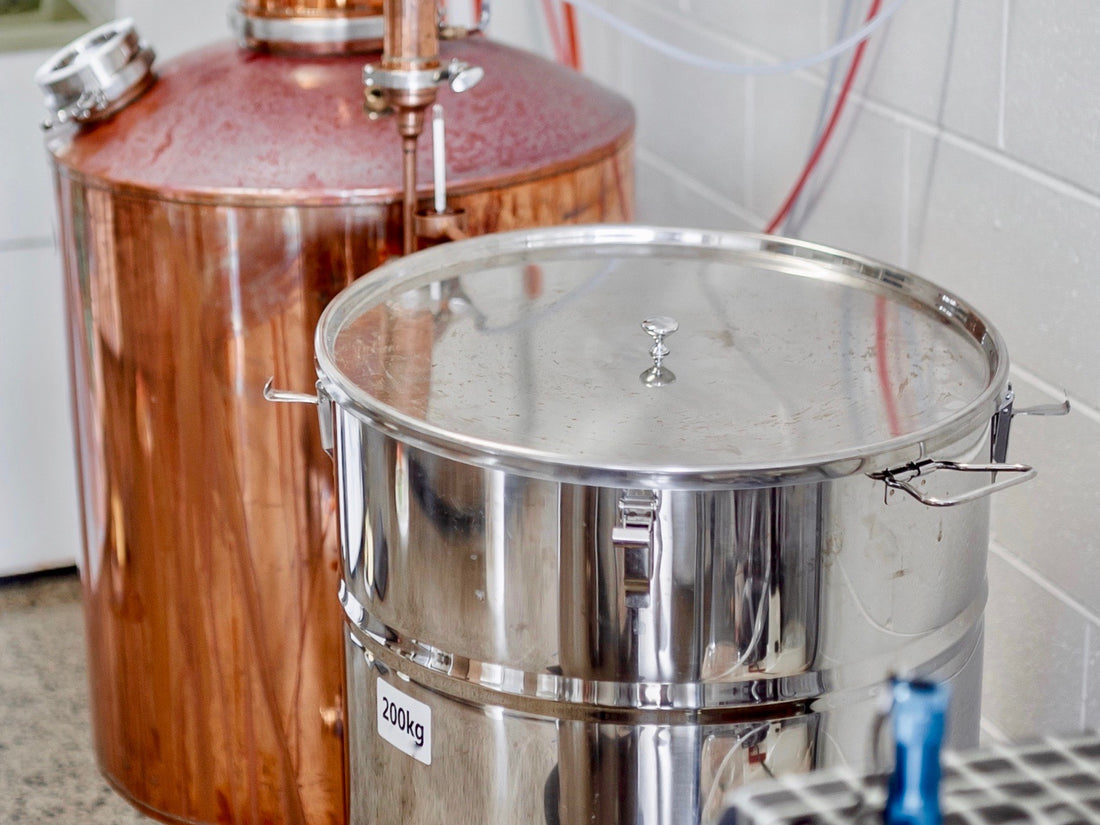
Batch 006 - What makes rum smooth?
Smooth. It’s one of the most common and loosely used words in the spirit lexicon. We've all tasted a rum and described it as “smooth” at some point, but what precisely do we mean? Is there no alcohol burn? Is it mellow? Gentle? Mild? Light? What makes rum smooth?
Smoothness is a tricky quality to pin down, and yet we seem to know it when we taste it. Rum aficionados tend to move beyond “smooth” as a useful descriptor. At Cabarita Spirits - Soltera Rum we tend to think of our inaugural spirit, Blanco, as lively and bold, a spirit with sass.
Yet upon our first sip of Batch 006, our immediate thought was, "ah, smooth". Let it be acknowledged that this is no mean feat for an unaged spirit.
Light, smooth or delicate attributes can come from a number of different sources - such as the base fermentation material. For rums this is always sugar cane: generally straight cane juice, sugar or molasses. At Cabarita Spirits we use pure molasses direct from the Condong Sugar Mill in Murwillumbah. Could it be this?
Or perhaps, and what we think is more likely the case, it's our distillation method. Lightness or mildness can be achieved by distilling to a high proof: the more ethanol in a solution means less room for congeners (these are the flavour-containing compounds that differentiate rum from vodka). We double distill Blanco to around 76% alcohol by volume (ABV). This isn't exceptionally high (that would be around 96%ABV) yet certainly not as low as some spirits distilled to around 65%.
Let's not forget the obvious one: ageing. The chemistry of ageing (typically in wooden barrels) is a process that transform acids into simple esters (a sub-category of a congener), and simple esters (think fruity flavours) into more complicated esters (honey and spice). The longer rum is aged in wood the more ester transformations can occur and more complexity is added. Naturally there is also a transference of woody flavours into the rum. But Blanco is an unaged spirit, right? Right! Blanco is left to 'rest' for four to six weeks in stainless steel. Considered a neutral material, this provides some chemical transformation without adding flavour. First, the exposure to oxygen enables the spirit is able to breathe, much like you might aerate a wine before serving. Resting in stainless steel also allows spirit molecules to 'come together' and soften.
So, time to try Batch 006 for yourself?
